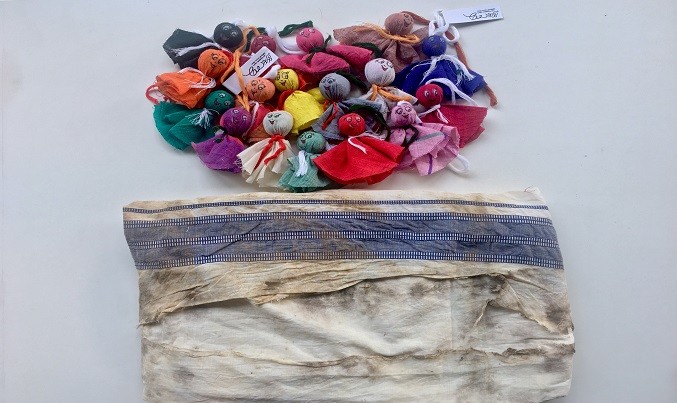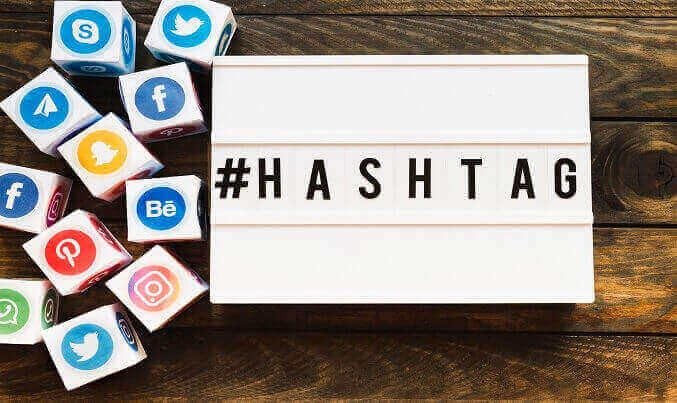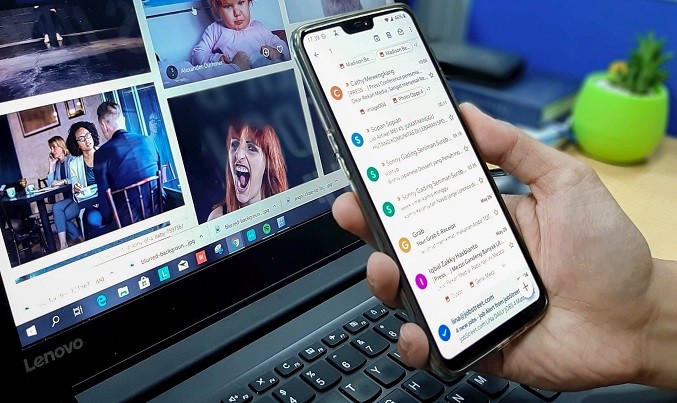A unique project that creates simple dolls from disaster-affected clothes helps with creating livelihood opportunities and much more, finds Saritha Rao Rayachoti
This September, as the Indian state of Kerala celebrated its most important festival, Onam, another unique celebration occurred around the state: the first birthday of Chekutty, a simple doll made out of soiled fabric and yarn.
For just over a year ago, Kerala experienced devastating floods that took 400 lives and displaced 1.4 million people. The doll, Chekutty, rose from its ruins. Chekutty, priced at INR 25 (USD 0.35), also doubles as a luggage tag, lanyard, decoration, and a workshop tool for children affected by trauma.
In Chendamangalam, a town in Kerala, the floods submerged the handloom weaving clusters for days. Once the water receded, it was clear that only the wooden frames of the looms had withstood the flood, with everything else having rusted, washed away, soiled by slush and slime, or torn asunder.
When Gopinath Parayil, who runs a responsible travel company called Blue Yonder, went on a relief visit to the sole uninsured weaving cluster, Karimpadam, he was told that the only option was to find a way to sell the undamaged stock. The rest of the stock, worth around INR 21 lakh (around USD 30,000), would be burned.
Designers and entrepreneurs in the state swung into action, creating demand for the undamaged stock through social media. Gopinath involved Lakshmi Menon, a fashion designer who is passionate about upcycling, to find a solution for the sarees that were soiled in the flood.
“I have seen that there is nothing called waste.” says Menon, “It is only the way you look at certain things. From nature you can always see that something that we consider as waste is the best energy fuel for something else to grow.”
While the saree itself would have brought in INR 1500 (USD 21) if sold, the 360 Chekutty dolls made from one saree fetch six times that amount. Lakshmi says that in four months, the weavers received INR 33 lakh (USD 46,600), from the sale of the Chekuttys.
It’s not the first time that a doll has been used as a symbol of hope and resurgence in the days following a disaster. Tsunamika was an initiative by Upasana Design Studio (in the international township of Auroville in the South Indian state of Tamil Nadu) where hundreds of fisherwomen, traumatized by the tsunami of December 2004 were trained to make cloth dolls from leftover fabric. These dolls were bought and made available as a gift economy initiative.
These initiatives serve as more than livelihood programs; they are efforts to heal communities ravaged by disaster, says Parimal Pandit, a clinical psychologist, and counsellor. “In the use of soiled cloth (for making Chekutty),it can also be symbolically looked upon as creating out of damaged things. You become more constructive about it.”
The doll was specifically designed so that anyone could make a Chekutty. Menon adds, “I didn't want any needle or additional equipment or gadgets. Not even training should be needed for this, because it had to be done in bulk. The only raw material would be from the yarn and the fabric that were spoiled in the weavers' society.” A crowdsourced team of volunteers began making Chekutty dolls (and conducting workshops to make them), that were then sold online through a website, with the proceeds going directly to the weavers’ bank accounts.
“When volunteers are from the flood affected areas, then, everybody has lost something. It becomes like a support group. Then, there is also somewhere that whole process of a group sitting together and doing something, even as they sing or talk, which becomes a cathartic healing activity,” Pandit says.
These initiatives are not just for the affected communities. “For those who receive it, it is about gratitude, for everything that you have and you take for granted. In disaster management, these kinds of initiatives try to create the community that we have lost,” Pandit adds.
While Chekutty, the upcycled cloth doll was born from a need to provide a quick creative way to monetise damaged handloom fabric stock while generating livelihoods with dignity for weavers affected by the floods, Chekutty is also symbolic of the scarred and stained, but indomitable spirit of a community affected by disaster.











